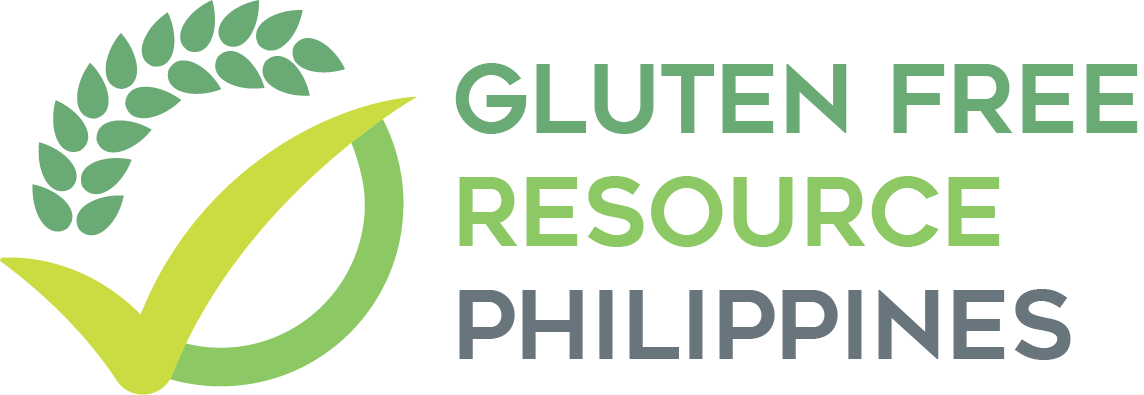As of the most recent updates, there are a few notable initiatives and developments in the Philippines related to gluten-free living, though they might not be as extensive as those in some other countries. Here are some existing efforts and resources:
1. Philippine Society for Gastroenterology (PSG)
- Initiatives: PSG provides information and resources about celiac disease, including symptoms, diagnosis, and dietary management. They aim to raise awareness among healthcare providers and the public.
2. Celiac Disease Support Group (CDSG) Philippines
- Support: CDSG Philippines is a non-profit organization dedicated to supporting individuals with celiac disease and gluten intolerance. They offer educational resources, support groups, and advocacy for gluten-free living.
3. Department of Health (DOH)
- Nutritional Guidelines: The DOH provides general nutritional guidelines that include information on dietary restrictions and special diets. While not exclusively focused on gluten-free diets, their resources can be useful for individuals with dietary needs.
4. Local Gluten-Free Product Availability
- Increased Accessibility: Some local supermarkets and health food stores have started expanding their gluten-free product offerings in response to increasing demand from consumers with gluten sensitivities.
5. Food Labeling Regulations
- Standards: While not always comprehensive, there are basic regulations around food labeling that help ensure gluten-free products are marked accurately. These regulations are evolving to better accommodate dietary needs.
6. Health and Wellness Events
- Expos and Workshops: Occasionally, health and wellness events or food expos in the Philippines feature gluten-free products and offer workshops or talks on gluten-free living.
7. Health and Nutrition Conferences
- Educational Sessions: Some conferences and seminars related to health and nutrition may include sessions on gluten-free diets and managing celiac disease, contributing to greater awareness and education.
For the most up-to-date information and specific details about these initiatives, it’s advisable to consult local health organizations, celiac disease support groups, and the Department of Health. They may offer resources or updates on new initiatives and regulatory changes related to gluten-free living in the Philippines.
